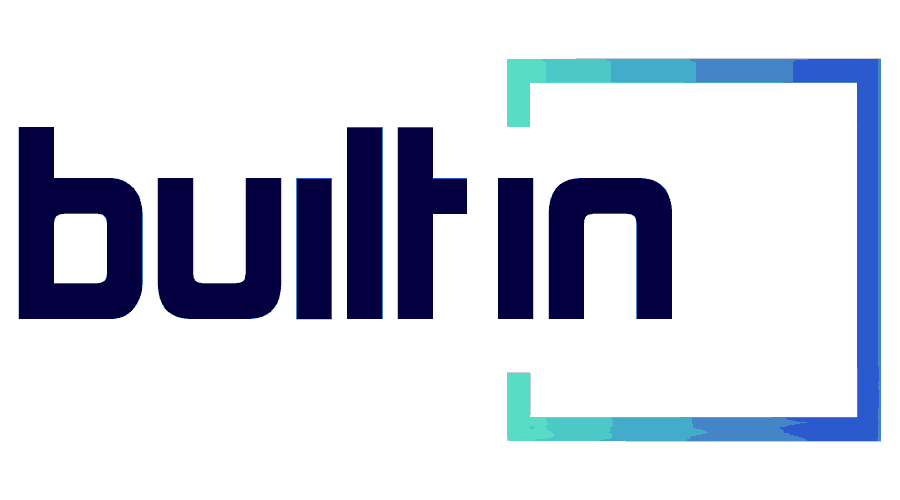If you overhear your employees discussing their side hustles, don’t call the cops, they may not be grifters or have Saturday Night Fever; you’re just stuck in the ‘70’s like us. A side hustle is what the Millennials call a second job and more than 40 million or nearly a third of American workers have one.
Side hustles today are not your father’s second job though, with 25% of hustlers having day jobs in which they earn more than $75,000 and 19% earning more than six figures before accounting for hustle income, according to a Harris Poll conducted for CareerBuilder. It should come as no surprise that Millennials dominate the side hustle world with almost 60% of them confessing to a second gig, according to a Bankrate survey. A second source of income makes sense considering that many side hustles involve the use of the tech tools that are intuitive to that generation, which also faces overwhelming student debt– although many hustlers claim that the earnings are less important than the ability to do work that feels more like a passion.
Most primary employers though may not take to the idea of employing side hustlers. Intuitively, the concerns are clear: those working after work will be tired, burned out, less focused or invested in their day job. Even more of a concern may be side hustlers using company time and/or resources or worse, actually competing with their main employer. It makes sense that side hustles often utilize the employee’s same work skill set. So the internal techie could design websites or code software for her own clients at night, or the digital marketer may do similar work for others. Even if the work is for those who can’t afford the company’s services, employers have a legitimate interest in whether the hustler is using the company-owned computer or cell phone to engage in these activities or is responding to their clients during the day, ultimately providing less focus and value to the employer.
Some side hustles may also just not be good for the company’s reputation and we know how fast social media can spread the bad word. Just recall the multiple stripper-school teachers who lost their jobs when outed by that anonymous parent who accidently walked into a strip club thinking it was their lawyer’s office. Happens a lot. Or it might be uncomfortable when your Chief Marketing Officer walks into your pitch meeting with an important prospect who says “wow, your head of marketing looks just like the Uber driver who dropped me off here.”
There are some very good reasons to employ side hustlers provided the right controls are in place. Self-motivated, ambitious, hard workers can be a benefit to most employers. Learning to solve the problems of owning a business may help a hustler do the same for yours. You’ve likely heard this before–if you have something to get done, give it to a busy person. Those who are busy and good, learn to be efficient. That may inure to your benefit. Hustlers may also be learning new skills that they can bring to the table in their main job. It can’t hurt if Bob from Accounting can also build your website. And let’s not forget that employees with a second income are less likely to ask for frequent raises.
Employers, however, need to set boundaries. We recommend that employers have a policy or agreement that requires employees to seek approval for any side hustles. This gives employers an opportunity to determine whether the hustle could be too disruptive, harm the employer’s reputation or be a conflict of interest. For example, employers should not abide a side hustle that provides services to the employer’s vendors or customers (albeit for a different service). Also keep in mind that employers have the right to expect that their Exempt employees are available whenever needed. A thriving side hustle could interfere with that availability. Also remember that although many post-employment non-competes are difficult to enforce, employers should insist on an in-employment non-compete to prevent a directly competitive side-hustle.
Employers should also secure a signed agreement reiterating any handbook policies that employees with a side hustle will not use company time and equipment to operate the business and acknowledging the employer’s right to randomly inspect such equipment. It is a good idea for employers to check the online activity of employees who plug into the network to determine whether non-work related activities are occurring frequently. We also recommend barring hustlers from using co-workers in their side hustles. Even though Bob from Accounting would be perfect for managing the hustle’s Quickbooks, multiple employees involved in the same side-enterprise can easily create unnecessary conflicts or internal sub-cultures within the primary employer.
Let’s face it, Millennials almost rule the world and the white collar second job is part of their culture. By implementing the right agreements and policies, we can help protect your main hustle, while you hopefully benefit from their side hustle. Did we say that right? Who knows.
Let’s just, do the hustle!









